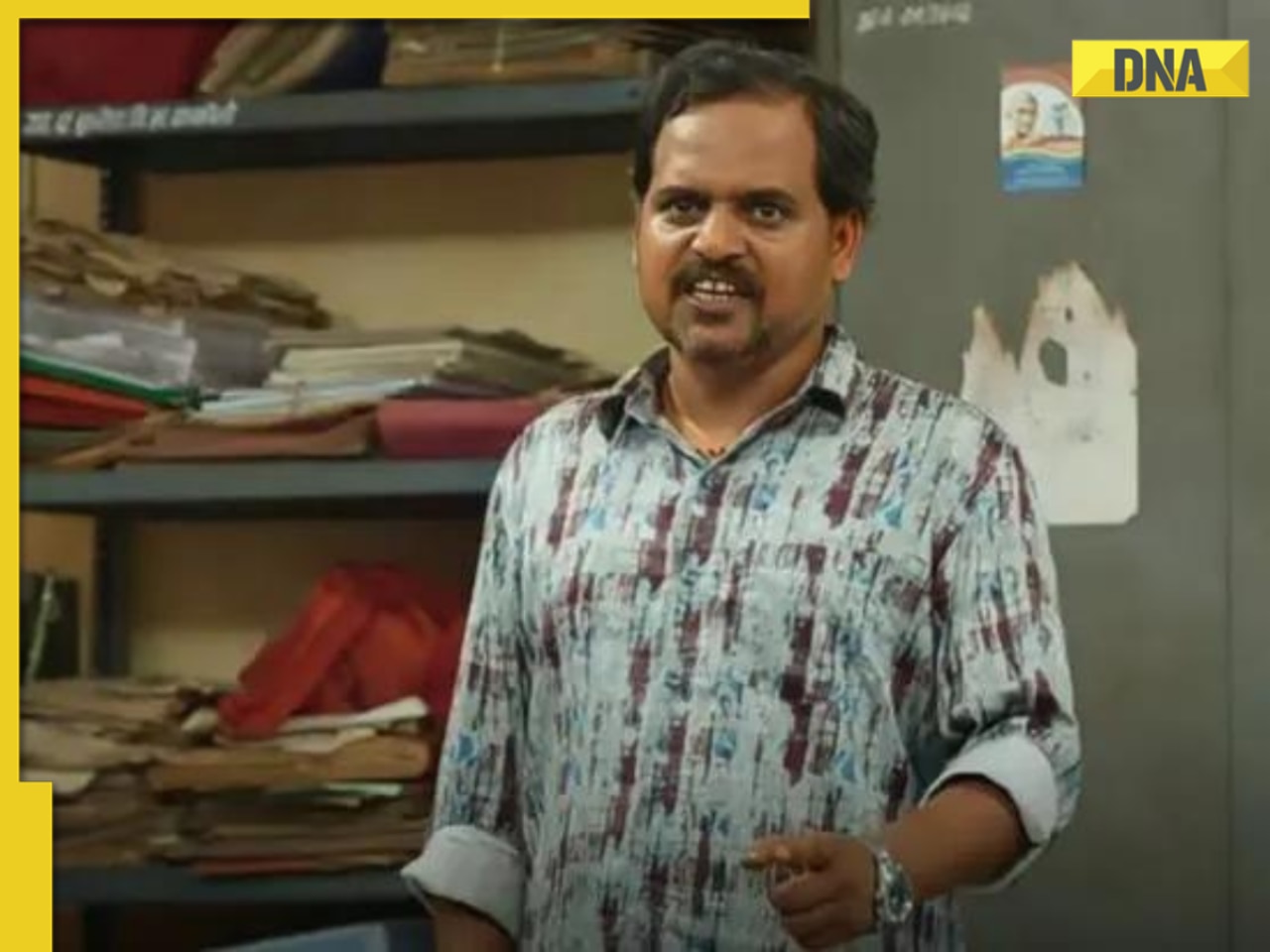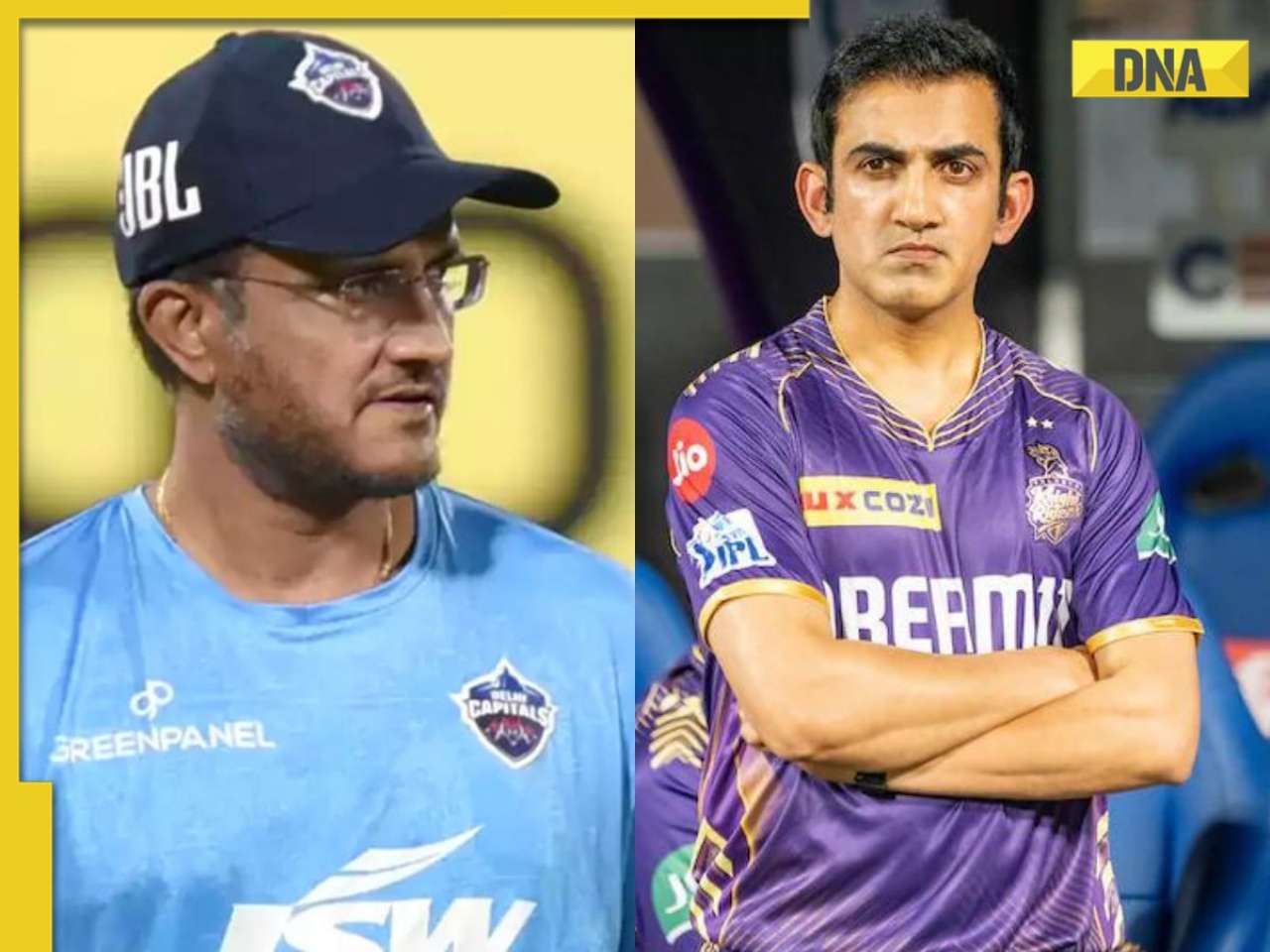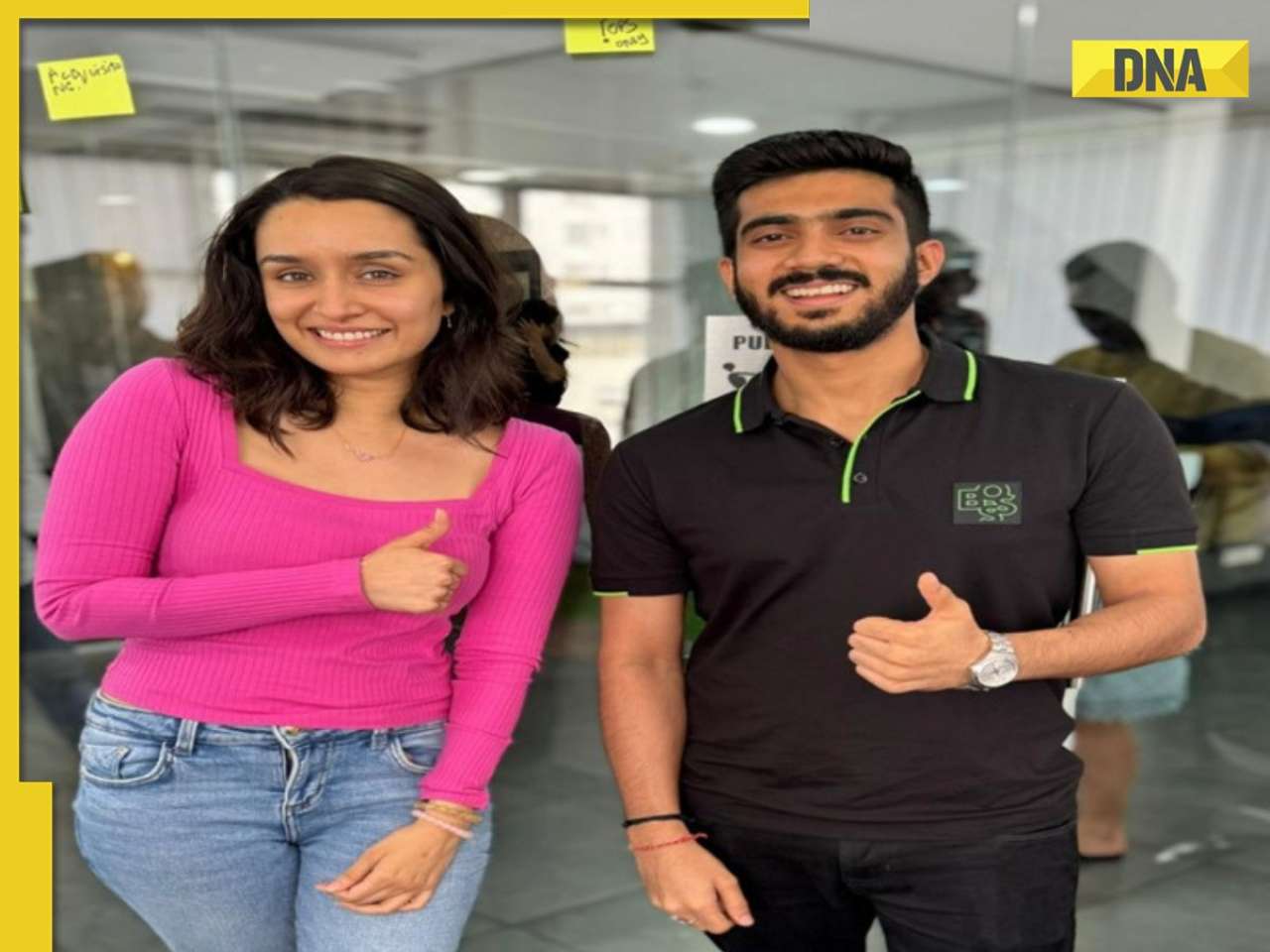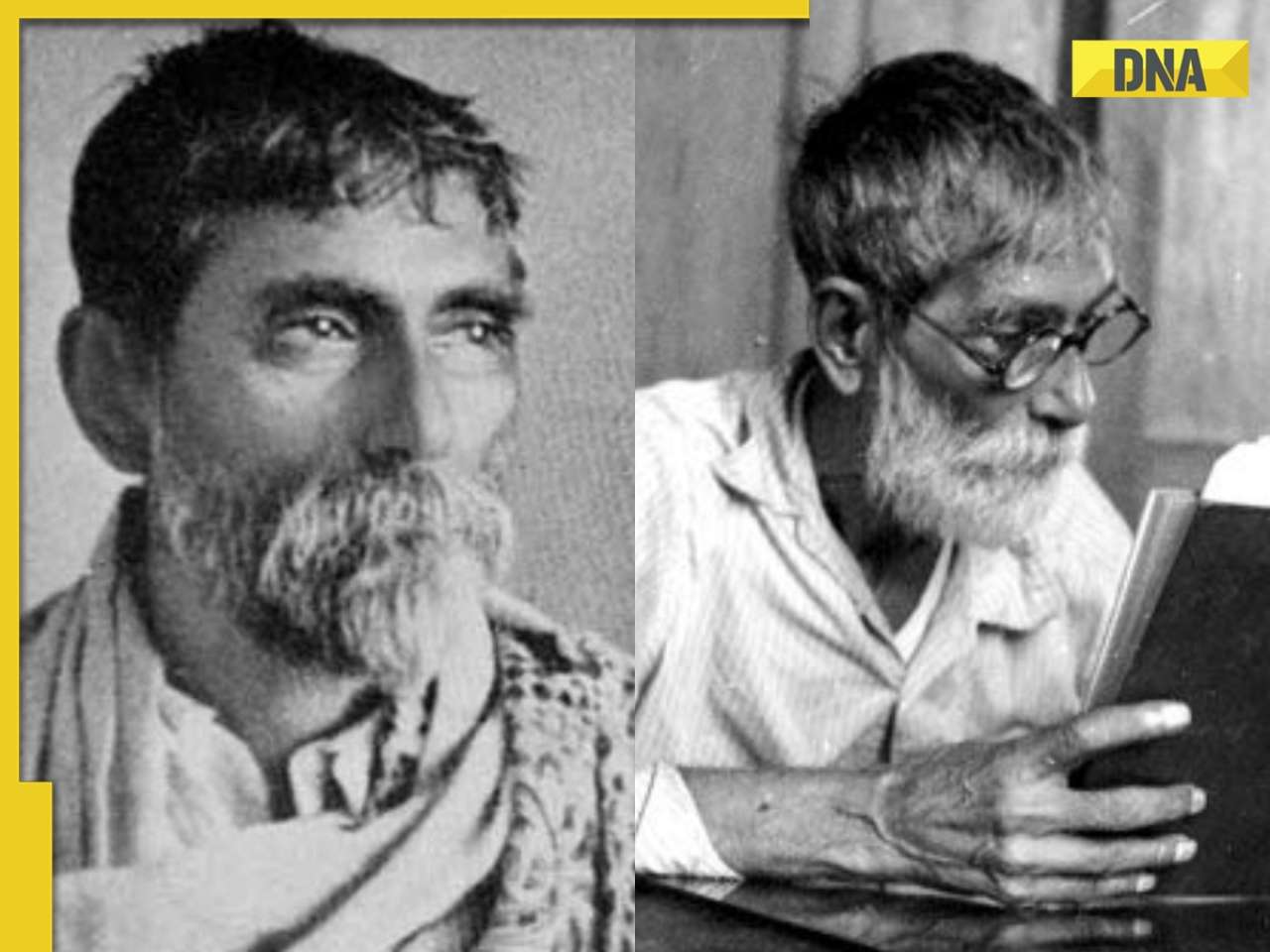Vijay Mallya’s demeanour could be straight out of American author Robert J Ringer’s classic book about business, Winning Through Intimidation.
Vijay Mallya says F1 is an aspirational sport, while cricket is a passion for Indians
BARCELONA: Vijay Mallya’s demeanour could be straight out of American author Robert J Ringer’s classic book about business, Winning Through Intimidation. “We struck the best deals in the Indian Premier League,” says the flamboyant business tycoon in his sand-papery drawl even as he eyes the test timings of his Force India drivers on the monitor.
“You can play only four overseas players in a match, so what’s the point in buying eight?” he asks without a trace of self-doubt. Other franchisees of the IPL may have a different point of view, but Mallya refuses to budge from his conviction that his Bangalore Royal Challenge side has the best chance in the cricket league which begins next month.
“It’s not about money, but how you spend it. We have a very balanced team, and players who have the experience to win,” he adds.
Winning is clearly the credo to Mallya’s ventures, in sports as in business. His various interests — ranging from liquor to airlines — command a market cap of approximately Rs 50,000 crore, and rising rapidly.
More interestingly, however, he is also in the vanguard of a sports revolution that is sweeping India if his two acquisitions in the past six months are an indication.
Late last year, he has invested about Rs 200 crore in Force India, the country’s first foray in Formula One racing, and approximately Rs 400 crore in the Indian Premier League.
Over the next few years, investment in these two properties could increase substantially — though Mallya hopes that the return on investment would begin soon. He also owns two of the top soccer teams in India — East Bengal and Mohun Bagan — and is not shy of looking for more sports properties. These purchases reflect not just a passion for sport (he can talk with authority on most games) but also an acute understanding of India’s rapidly changing ethos. “If you had asked me 10 years ago whether I wanted to buy an F1 team, I would have said no,” he says. “But the country has changed dramatically, we have become part of the globalised world, and there is a whole new generation of aspiring youngsters who see sports as cool.”
The defining moment for him in understanding the new India, he reveals, came a few years ago when he found out that the highest sales of Mercedes cars was in Ludhiana, Guwahati and Coimbatore. “Not Mumbai, Delhi or Bangalore as you would expect,” he says. “The country was headed in a new direction, and people who were never seriously involved in consumption were now the biggest participants.”
“Aspiration is the key difference,” he explains. “In sport, cricket was always popular, and will be. It’s a mass passion. Formula One is more aspirational. The positioning is vastly different from cricket.” The bundling of marketing jargon with sport is not accidental, but integral to Mallya’s thinking and entrepreneurship. “I don’t do things without purpose,” he says. “Each of these properties will be assigned a brand, for example Kingfisher with Formula One and Royal Challenge with cricket.”
It’s a strategy which has worked so far for him and the brand, and, one dare say, sports in India. Of the future, he remains bullish. “I have paid top money for cricket and Formula One, hired the best people, so why shouldn’t we do well?” he asks testily. What was that about winning through intimidation?
![submenu-img]() This classic was made by director in frustration, was rejected by Amitabh, Naseer, inspired many filmmakers, earned...
This classic was made by director in frustration, was rejected by Amitabh, Naseer, inspired many filmmakers, earned...![submenu-img]() Panchayat's Durgesh Kumar says viral 'Dekh raha hai Binod' line is not his anymore, reacts to memes | Exclusive
Panchayat's Durgesh Kumar says viral 'Dekh raha hai Binod' line is not his anymore, reacts to memes | Exclusive![submenu-img]() 'Against Gambhir becoming the coach...': Sourav Ganguly gets slammed by fans for indirect tweet towards BCCI
'Against Gambhir becoming the coach...': Sourav Ganguly gets slammed by fans for indirect tweet towards BCCI![submenu-img]() 'The Indian Sarcasm': From Humble Beginnings to Conquering Social Media
'The Indian Sarcasm': From Humble Beginnings to Conquering Social Media ![submenu-img]() As rumours of divorce with Natasa Stankovic get stronger, fans wonder where is Hardik Pandya?
As rumours of divorce with Natasa Stankovic get stronger, fans wonder where is Hardik Pandya?![submenu-img]() Meet IAS officer who was victim of domestic violence, mother of two, cracked UPSC exam in first attempt, she's posted in
Meet IAS officer who was victim of domestic violence, mother of two, cracked UPSC exam in first attempt, she's posted in![submenu-img]() RBSE Class 5th, 8th Result 2024 Date, Time: Rajasthan board to announce results today, get direct link here
RBSE Class 5th, 8th Result 2024 Date, Time: Rajasthan board to announce results today, get direct link here![submenu-img]() RBSE Rajasthan Class 10 board results out, check direct link here to know results
RBSE Rajasthan Class 10 board results out, check direct link here to know results![submenu-img]() RBSE 10th Result 2024: Rajasthan Board Class 10 results to be out today; check time, direct link here
RBSE 10th Result 2024: Rajasthan Board Class 10 results to be out today; check time, direct link here![submenu-img]() Meet Indian genius who founded India's first pharma company, he is called 'Father of...
Meet Indian genius who founded India's first pharma company, he is called 'Father of...![submenu-img]() DNA Verified: Did Kangana Ranaut party with gangster Abu Salem? Actress reveals who's with her in viral photo
DNA Verified: Did Kangana Ranaut party with gangster Abu Salem? Actress reveals who's with her in viral photo![submenu-img]() DNA Verified: New Delhi Railway Station to be closed for 4 years? Know the truth here
DNA Verified: New Delhi Railway Station to be closed for 4 years? Know the truth here![submenu-img]() DNA Verified: Did RSS chief Mohan Bhagwat praise Congress during Lok Sabha Elections 2024? Know the truth here
DNA Verified: Did RSS chief Mohan Bhagwat praise Congress during Lok Sabha Elections 2024? Know the truth here![submenu-img]() DNA Verified: Is CAA an anti-Muslim law? Centre terms news report as 'misleading'
DNA Verified: Is CAA an anti-Muslim law? Centre terms news report as 'misleading'![submenu-img]() DNA Verified: Lok Sabha Elections 2024 to be held on April 19? Know truth behind viral message
DNA Verified: Lok Sabha Elections 2024 to be held on April 19? Know truth behind viral message![submenu-img]() Streaming This Week: Panchayat season 3, Swatantrya Veer Savarkar, Illegal season 3, latest OTT releases to binge-watch
Streaming This Week: Panchayat season 3, Swatantrya Veer Savarkar, Illegal season 3, latest OTT releases to binge-watch![submenu-img]() Avneet Kaur shines in navy blue gown with shimmery trail at Cannes 2024, fans say 'she is unstoppable now'
Avneet Kaur shines in navy blue gown with shimmery trail at Cannes 2024, fans say 'she is unstoppable now'![submenu-img]() Assamese actress Aimee Baruah wins hearts as she represents her culture in saree with 200-year-old motif at Cannes
Assamese actress Aimee Baruah wins hearts as she represents her culture in saree with 200-year-old motif at Cannes ![submenu-img]() Aditi Rao Hydari's monochrome gown at Cannes Film Festival divides social media: 'We love her but not the dress'
Aditi Rao Hydari's monochrome gown at Cannes Film Festival divides social media: 'We love her but not the dress'![submenu-img]() AI models play volley ball on beach in bikini
AI models play volley ball on beach in bikini![submenu-img]() DNA Explainer: Why was Iranian president Ebrahim Raisi, killed in helicopter crash, regarded as ‘Butcher of Tehran’?
DNA Explainer: Why was Iranian president Ebrahim Raisi, killed in helicopter crash, regarded as ‘Butcher of Tehran’?![submenu-img]() DNA Explainer: Why did deceased Iranian President Ebrahim Raisi wear black turban?
DNA Explainer: Why did deceased Iranian President Ebrahim Raisi wear black turban?![submenu-img]() Iran President Ebrahim Raisi's death: Will it impact gold, oil prices and stock markets?
Iran President Ebrahim Raisi's death: Will it impact gold, oil prices and stock markets?![submenu-img]() Haryana Political Crisis: Will 3 independent MLAs support withdrawal impact the present Nayab Saini led-BJP government?
Haryana Political Crisis: Will 3 independent MLAs support withdrawal impact the present Nayab Saini led-BJP government?![submenu-img]() DNA Explainer: Why Harvey Weinstein's rape conviction was overturned, will beleaguered Hollywood mogul get out of jail?
DNA Explainer: Why Harvey Weinstein's rape conviction was overturned, will beleaguered Hollywood mogul get out of jail?![submenu-img]() This classic was made by director in frustration, was rejected by Amitabh, Naseer, inspired many filmmakers, earned...
This classic was made by director in frustration, was rejected by Amitabh, Naseer, inspired many filmmakers, earned...![submenu-img]() Panchayat's Durgesh Kumar says viral 'Dekh raha hai Binod' line is not his anymore, reacts to memes | Exclusive
Panchayat's Durgesh Kumar says viral 'Dekh raha hai Binod' line is not his anymore, reacts to memes | Exclusive![submenu-img]() Dalljiet Kaur's husband Nikhil Patel reveals why their relationship ended, breaks silence on extra-marital allegations
Dalljiet Kaur's husband Nikhil Patel reveals why their relationship ended, breaks silence on extra-marital allegations![submenu-img]() This small-budget blockbuster was rejected by Amitabh Bachchan, attained cult status, made director star; film earned...
This small-budget blockbuster was rejected by Amitabh Bachchan, attained cult status, made director star; film earned...![submenu-img]() ‘They never make it better’: Game of Thrones creator George RR Martin slams film, TV adaptations of books
‘They never make it better’: Game of Thrones creator George RR Martin slams film, TV adaptations of books![submenu-img]() 'No one wanted to...': Billionaire Anil Agarwal’s daughter makes shocking revelation
'No one wanted to...': Billionaire Anil Agarwal’s daughter makes shocking revelation![submenu-img]() 'Humko nahi rahna is gola pe': Heatwave triggers meme fest on social media
'Humko nahi rahna is gola pe': Heatwave triggers meme fest on social media![submenu-img]() 'Ridiculous': Woman claims Swiggy charged Rs 115 for Rs 45 bun butter jam, shares bill
'Ridiculous': Woman claims Swiggy charged Rs 115 for Rs 45 bun butter jam, shares bill![submenu-img]() Man sells replicas of Nita Ambani's necklace for Rs 178, Harsh Goenka reacts
Man sells replicas of Nita Ambani's necklace for Rs 178, Harsh Goenka reacts![submenu-img]() Man dies after being sucked into plane engine in front of passengers at airport
Man dies after being sucked into plane engine in front of passengers at airport












































)
)
)
)
)
)